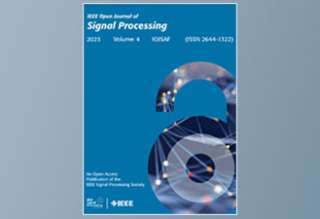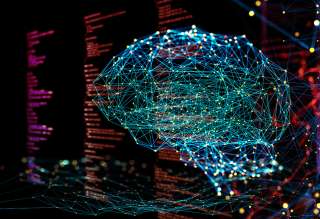SPS Feed
Top Reasons to Join SPS Today!
1. IEEE Signal Processing Magazine
2. Signal Processing Digital Library*
3. Inside Signal Processing Newsletter
4. SPS Resource Center
5. Career advancement & recognition
6. Discounts on conferences and publications
7. Professional networking
8. Communities for students, young professionals, and women
9. Volunteer opportunities
10. Coming soon! PDH/CEU credits
Click here to learn more.
The Latest News, Articles, and Events in Signal Processing
Date: 25 October 2023
Time: 10:00 AM ET (New York Time)
Speaker(s): Dr. Mattia Merluzzi

The Communication Systems and Networks (CSN) research group is looking for two excellent, motivated, self-driven Ph.D. students to work in the area of next generation Open RANs.
Date: 10-13 September 2024
Location: Lucca, Italy

Advanced driver assistance systems are key to enhancing road safety. One of the critical requirements for such systems is to reliably perceive the environment. The state-of-the-art sensors, however, are not ubiquitously deployed in driver assistance systems due to their high cost. On the other hand, simpler low-cost sensing solutions suffer from poor perception.
Manuscript Due: 27 November 2023
Publication Date: June 2024
Date: 8-11 July 2024
Location: Corvallis, OR, USA

About the Project
Applications are invited for a fully-funded three year PhD to commence in October 2023.
Date: 14 July 2023
Time: 10:00 AM EDT (Local time)
Presenter(s): Dr. Marlena Duda, Bradley T. Baker
Date: 6 July 2023
Time: 10:00 AM EDT (Local time)
Presenter(s): Dr. Daniel Moreira
Last chance to submit to the Special Issue on Learning-Based Signal Processing for Integrated Sensing and Communications. Submission Deadline Extended: 26 June 2023.
A new initiative of JSTSP, Special Series on AI in Signal & Data Science, is launched, to be published within the IEEE Journal of Selected Topics in Signal Processing (JSTSP). Submission Deadline: 1 July 2023.
Pages
SPS Social Media
- IEEE SPS Facebook Page https://www.facebook.com/ieeeSPS
- IEEE SPS X Page https://x.com/IEEEsps
- IEEE SPS Instagram Page https://www.instagram.com/ieeesps/?hl=en
- IEEE SPS LinkedIn Page https://www.linkedin.com/company/ieeesps/
- IEEE SPS YouTube Channel https://www.youtube.com/ieeeSPS




















